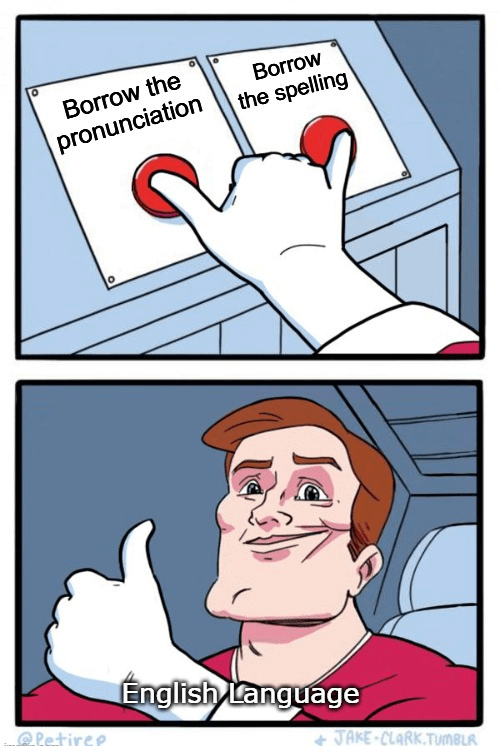Correct Spelling and Pronunciation
- Colonel /ˈkɜrnəl/ is pronounced like the “kernel” in popcorn kernel.
- Lieutenant has two different pronunciations. In American English, the word is pronounced “loo-TEN-ant” /luˈtɛnənt/, whereas in British English, it is pronounced “lef-TEN-ant” /lɛfˈtɛnənt/.
A lot of times, the way words are spelled in English can leave many people scratching their head. Not only do many English words contain silent letters, but there are also several rules and patterns that have numerous exceptions. This leads to many spelling errors and online searches as to how to spell certain words. Today, we’re going to give you the history (and correct spelling and pronunciation) of two military words: colonel and lieutenant.
How To Spell “Colonel”
Colonel confuses people because it’s pronounced like kernel /ˈkɜrnəl/, but there’s no “R” in it. This word means “commissioned officer of high rank in the military.” Simply by the way it looks, it’s easy to see why some people would think it’s pronounced co-lo-nel.
But how did this word (and its weird pronunciation) come to be? In short, English borrowed the word from French, which borrowed it from Italian. The first “L” in the original Italian word colonello was changed to an “R” by the French. The French version of the word, coronel, then made its way into English.
US-American English
British English
But when translating Italian military treaties into English, 16th century scholars started spelling it colonel, similarly to how Italians originally spelled it. In the mid-17th century, spelling it with “L” became the standard, but it was still pronounced with an “R.” This long and winding history of this word led to its unusual spelling and pronunciation.
Col., Col, COL can all serve as abbreviations for colonel. For example:
Colonel Jacob Smith
Col. Jacob Smith
Col Jacob Smith
COL Jacob Smith
How To Spell “Lieutenant”
Lieutenant (commissioned officer in the armed forces, police, or other organization) is also derived from French. The “lieu” in this word means “place” (think of in lieu of), and the tenant means “holding,” like “holding a position.” The two parts together referred to “a placeholder for a superior.” Today, the word’s definition and pronunciation differs depending on the country (and its military). In the United States, it is pronounced / luːˈtɛnənt/, whereas in British English it’s pronounced /lɛfˈtɛnənt/.
US-American English
British English
Lieutenant also has more than one abbreviation, and it varies based on the nation and military branch. A few of them are:
Lieutenant Luka Fischer
Lt Luka Fischer
LT Luka Fisher
Lieut Luka Fisher
Weirdly Spelled Words Are No Match For LanguageTool
It’s understandable why these words cause so much confusion. Colonel has no “R”, although it’s pronounced with one, and lieutenant has what seems to be a random “I” in it. These are surely not the only words that aren’t spelled the way they’re pronounced. That’s why it’s a good idea to use LanguageTool as a writing assistant. It can detect misspelled words (yes, even those with unusual spelling) and incorrect grammar. Additionally, it can also provide synonyms and suggest formatting improvements. Think of LanguageTool as the colonel of all text editors.


